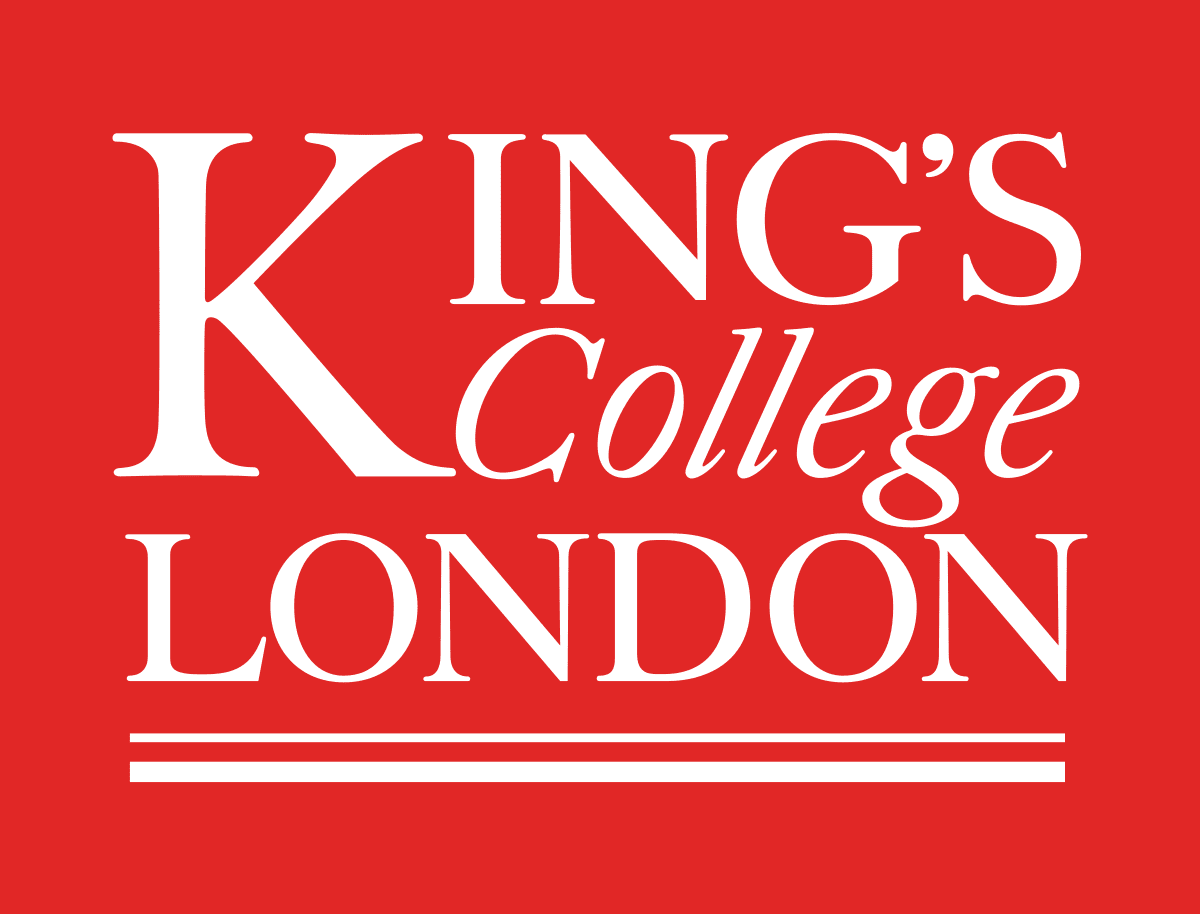Study In the UK
The United Kingdom (UK) is indeed a popular destination for international students. According to the latest statistics, international students make up a significant proportion of the student population in UK universities. Moreover, most international students in the UK report feeling safe and welcomed by locals, with 84% of students saying they feel safe in the UK. With some of the world's top-rated universities, affordable tuition fees, excellent job opportunities, and a diverse and welcoming culture, it's no surprise that the UK is a top choice for students looking to study abroad.
The UK is home to some of the world's oldest and most prestigious universities, including the University of Oxford and the University of Cambridge. The tuition fees for international students in the UK are generally lower than those in the United States, making it an affordable option for students looking to study abroad.
International students in the UK also have excellent job opportunities, with many universities offering work-study programs and internships. The UK government also offers a post-study work visa, which allows international students to work in the UK for up to two years after graduation.
We have strong network of universities and colleges we represent in the UK






Why Study in the UK ?
Why Study in the UK ?
Top-Ranked Universities: The UK is renowned for its high-quality education system and is home to some of the world's top-ranked universities. According to the QS World University Rankings 2022, four of the top 10 universities in the world are located in the UK, including the University of Oxford and the University of Cambridge. These institutions have a long history of academic excellence, with a reputation for producing world-class graduates in a wide range of fields.
Affordable Tuition Fees: Compared to other countries such as the United States, the UK offers affordable tuition fees for international students. According to the UK Council for International Student Affairs, the average annual tuition fees for international undergraduate students in the UK range from £10,000 to £38,000, depending on the course of study and the institution. Additionally, many universities offer scholarships and other forms of financial aid to help offset the cost of tuition.
Research Opportunities: The UK is a global leader in academic research, with many opportunities for students to get involved in cutting-edge projects and collaborations. According to the UK government, the country ranks second in the world for research output, with more than 6% of global research output coming from the UK. Many universities in the UK have strong research programs, and students have the opportunity to work alongside leading academics and researchers in their field of study.
Career Prospects: The UK offers excellent job prospects for graduates, with many opportunities to work in a variety of fields and industries. According to the Higher Education Statistics Agency, 94% of UK graduates were in employment or further study six months after graduating in 2020. The UK also has a strong economy, with a diverse range of industries, from finance and technology to healthcare and creative arts.
Diverse Culture: The UK is a melting pot of cultures and nationalities, with people from all over the world living and working together. According to the Office for National Statistics, over 6 million people living in the UK were born overseas, representing more than 9% of the population. This diverse mix of people brings a range of perspectives and experiences, making the UK a vibrant and exciting place to study.
Language: English is the primary language of instruction in the UK, making it a great place to improve your English language skills. Studying in an English-speaking country is a valuable experience for international students, helping them to communicate more effectively and improving their employability in the global job market.
History and Culture: The UK has a rich history and culture, with a wealth of museums, galleries, and historical sites to explore. From the ancient ruins of Stonehenge to the iconic landmarks of London, there are endless opportunities to learn about the country's fascinating past and vibrant present.
Safety and Security: The UK is a safe and secure place to study, with low crime rates and a well-established legal system. According to the Global Peace Index 2021, the UK is ranked as the 42nd most peaceful country in the world, out of 163 countries.
Student Support: UK universities offer a wide range of student support services, including academic advising, counseling, and career guidance. Many universities also have international student offices, which provide assistance with visa applications, housing, and other practical matters.
Work and Study Opportunities: The UK offers many opportunities for students to work while studying, either on campus or through internships and work-study programs. Additionally, international students can apply for a post-study work visa, allowing them to work in the UK for up to two years after graduation. This can be a valuable opportunity to gain work experience and build networks in the
Many UK universities have strong connections with local businesses and industries, providing opportunities for students to gain practical experience through internships, placements, and work-study programs. These opportunities not only allow students to earn money to support themselves while studying but also provide a valuable platform for networking and building industry contacts.
Furthermore, the UK government's post-study work visa policy allows international students to work in the UK after completing their studies. The Graduate Route Visa, which was launched in July 2021, allows international students who have completed a degree at a UK university to stay and work in the country for up to two years, without the need for a sponsor. This provides an excellent opportunity for students to gain work experience, build networks, and enhance their employability.
In conclusion, studying in the UK provides an excellent opportunity to gain a world-class education, improve language skills, experience a rich culture, and gain valuable work experience. With affordable tuition fees, excellent job prospects, and a welcoming and supportive environment, the UK is a top destination for students from all over the world.
We provide end to end services for all the students who are planning to pursue studies abroad
We provide end to end services for all the students who are planning to pursue studies abroad
We provide complete end-to-end services at OJAS Immigration for students who want to pursue their education overseas. Our team of skilled professionals is committed to giving students the direction and assistance they require to meet their educational objectives. We are dedicated to making the process as easy and stress-free as possible for students, from aiding them in selecting the appropriate programme and institution to assisting them with the visa application process.
We are here to make sure that our clients have a smooth and successful experience because we are aware of the difficulties that come with studying abroad. Students may concentrate on their academics and enjoy the process of following their aspirations thanks to our end-to-end services.
Which Courses are Popular for International Students in the UK ?
Here are our top 10
Business and Management: The UK has a strong business environment, and courses in business and management are popular among international students who want to develop the skills and knowledge necessary to succeed in the corporate world. According to the Higher Education Statistics Agency (HESA), business and management is the most popular subject area among international students in the UK.
Engineering: The UK is home to world-renowned engineering universities, such as Imperial College London and the University of Cambridge, and offers courses in a range of specializations, including civil, mechanical, and electrical engineering. With the UK's booming construction and manufacturing industries, engineering graduates have a high demand for employment.
Computer Science and Information Technology: The UK has a thriving technology sector and offers courses in computer science, information technology, and related fields. With the increasing importance of technology in various industries, graduates in these fields are in high demand.
Law: The UK has a long history of legal education and offers courses in law that are recognized worldwide. Graduates in law can pursue careers as solicitors, barristers, or legal consultants.
Medicine: The UK has a world-class healthcare system, and courses in medicine, dentistry, and related fields are popular among international students. The UK's medical education system is highly respected, and graduates are in high demand in the UK and worldwide.
Social Sciences: The UK offers courses in various social sciences, including psychology, sociology, and anthropology, that allow students to gain an understanding of human behavior and social issues. Graduates can pursue careers in fields such as research, policy development, or social work.
Arts and Humanities: The UK has a rich cultural heritage, and courses in arts and humanities, such as literature, history, and philosophy, are popular among international students who want to study and experience the country's culture. Graduates can pursue careers in academia, publishing, or cultural institutions.
Environmental Sciences: The UK has a strong focus on environmental sustainability, and courses in environmental sciences, including ecology, conservation, and environmental policy, are popular among international students who want to work towards environmental sustainability.
Architecture: The UK is home to some of the world's most famous buildings, and courses in architecture and related fields are popular among international students who want to gain skills and knowledge in the design and construction of buildings.
Creative Arts: The UK is a hub for creative industries such as advertising, design, and music. Courses in creative arts, including fine arts, graphic design, and music, are popular among international students who want to pursue careers in the creative industries.
Overall, the UK offers a wide range of courses and specializations for international students. With world-class universities, opportunities for practical experience, and a rich cultural heritage, studying in the UK can be a life-changing experience that prepares students for a successful career.
7 Step Process
At OJAS Immigration, our experts have over simplified the process in to 7 simple steps
Research and choose a course and institution
The first step is to research and choose a course and institution in the UK that fits your academic and career goals. Consider factors such as the reputation of the institution, course offerings, location, and cost.
Check the entry requirements
Each institution will have its own entry requirements for international students, so make sure to check the entry requirements for the course you are interested in. You may need to take standardized tests such as IELTS or TOEFL to demonstrate your English language proficiency.
Apply for admission
Once you have chosen a course and institution, you can begin the application process. This will typically involve submitting your academic transcripts, personal statement, references, and any other required documents.
Secure funding
Studying in the UK can be expensive, so it's important to secure funding to cover your tuition fees and living expenses. You may be eligible for scholarships, grants, or loans from your home country or from UK institutions.
Apply for a student visa
International students from most countries, including India, will need a Tier 4 (General) student visa to study in the UK. You can apply for a visa online and will need to provide your passport, confirmation of acceptance for studies (CAS) from your institution, proof of funds, and any other required documents.
Plan your travel and accommodation
Once you have secured your student visa, you can begin planning your travel and accommodation in the UK. Many institutions offer accommodation options for international students, but you can also consider private accommodation options.
Arrive in the UK and begin your studies
Finally, you can travel to the UK and begin your studies. Make sure to attend any orientation events and get involved in student organizations to make the most of your study abroad experience.
